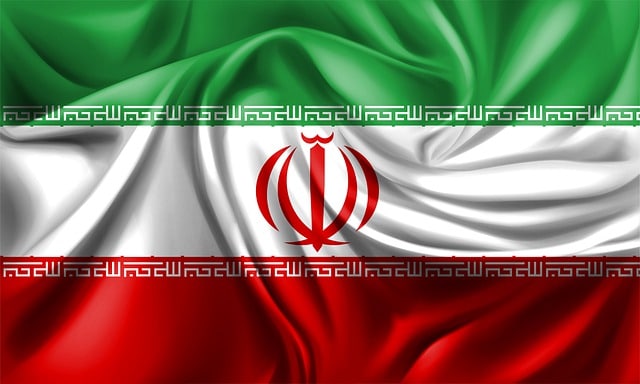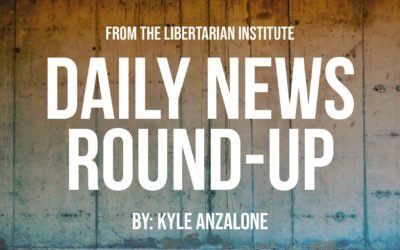After 11 months of talks, a U.S. return to the Joint Comprehensive Plan of Action (JCPOA), the Iran nuclear deal, appears more likely each week. The Europeans’ respective chief negotiators have already begun posting photos of their teams, thanking them for their work, signaling they see the talks as having practically succeeded.
In late February, U.S. officials involved in the Vienna talks told the Wall Street Journal that a final deal could be a mere two days away. White House Press Secretary Jen Psaki said Monday the U.S. is “getting closer” to a deal though remaining “important components” must be decided.
Perhaps due to the sharp spike in gas prices owing to the U.S led sanctions blitz on Russia, there is a shift afoot among some usually anti-Iran lawmakers. Even the hawkish and influential Senator Chuck Schumer is voicing his support for talks aimed at restoring the JCPOA.
Today’s crude oil prices are the highest since 2008, lifting sanctions and allowing Iran to freely export its abundant oil again is increasingly seen as an obvious way to lower global energy prices. The American Transportation Secretary Pete Buttigieg told MSNBC that President Joe Biden has put this option “on the table.”
Buttigieg was attacked for this by Republicans like Senator Ted Cruz who tweeted “Team Biden would rather fund the Ayatollah’s Death to America regime than allow Americans to produce energy for our own domestic consumption.” Cruz has vowed to subvert the JCPOA.
While prospects appear promising right now, there are a number of issues that remain unsolved and new ones cropping up during recent days.
The Iranians have said they will not let the West’s “haste” to ink a deal stop them from fulfilling their “red lines” on the economic issues. Tehran has been clear that they demand a guarantee that sanctions will not be reimposed even if some Republican takes the oval office in the coming years, they want clarification on the scope of sanctions relief as well as a verification mechanism. Iran’s Foreign Minister, Hossein Amirabdollahian, has made clear that no ministerial meeting to finalize the deal will occur unless the Islamic Republic is satisfied.
While last week, the Russians’ lead negotiator in Vienna said that JCPOA talks were at “the finish line,” Moscow is now demanding their own written guarantees. Given America’s global sanctions crusade, Russia wants to ensure that its military-technical cooperation, trade, and investment with Tehran will not be upended if the U.S. reenters the nuclear deal.
As Jason Ditz reports at Antiwar.com, “…key aspects of the Iran deal involve Russia, both economic ties and processing of the enriched uranium. The Russians are saying they think it needs to be clear, given all the US sanctions on Russia, that they won’t get in the way of the Iran deal’s terms.”
An Iranian official appeared worried Russia’s last-minute demands could damage the positive but fragile state of talks, telling Reuters this request is “not constructive.”
Though Secretary of State Antony Blinken shrugged off the Russian concerns as “irrelevant” to the JCPOA conversation, it is still unclear whether the U.S. will seek to block trade between the two countries.
On Monday, Amirabdollahian spoke with Russian Foreign Minister Sergey Lavrov and said that it’s “clear that the Islamic Republic of Iran’s cooperation with no country, including Russia, should be impacted by the atmosphere of sanctions.”
However, Saeed Khatibzadeh, the Iranian Foreign Ministry’s spokesman, said Tehran is awaiting further information from their Russian counterparts and desires to keep these issues separate from the nuclear talks.
The Chinese reportedly desire similar assurances that sanctions will not impede their business with the Islamic Republic.































